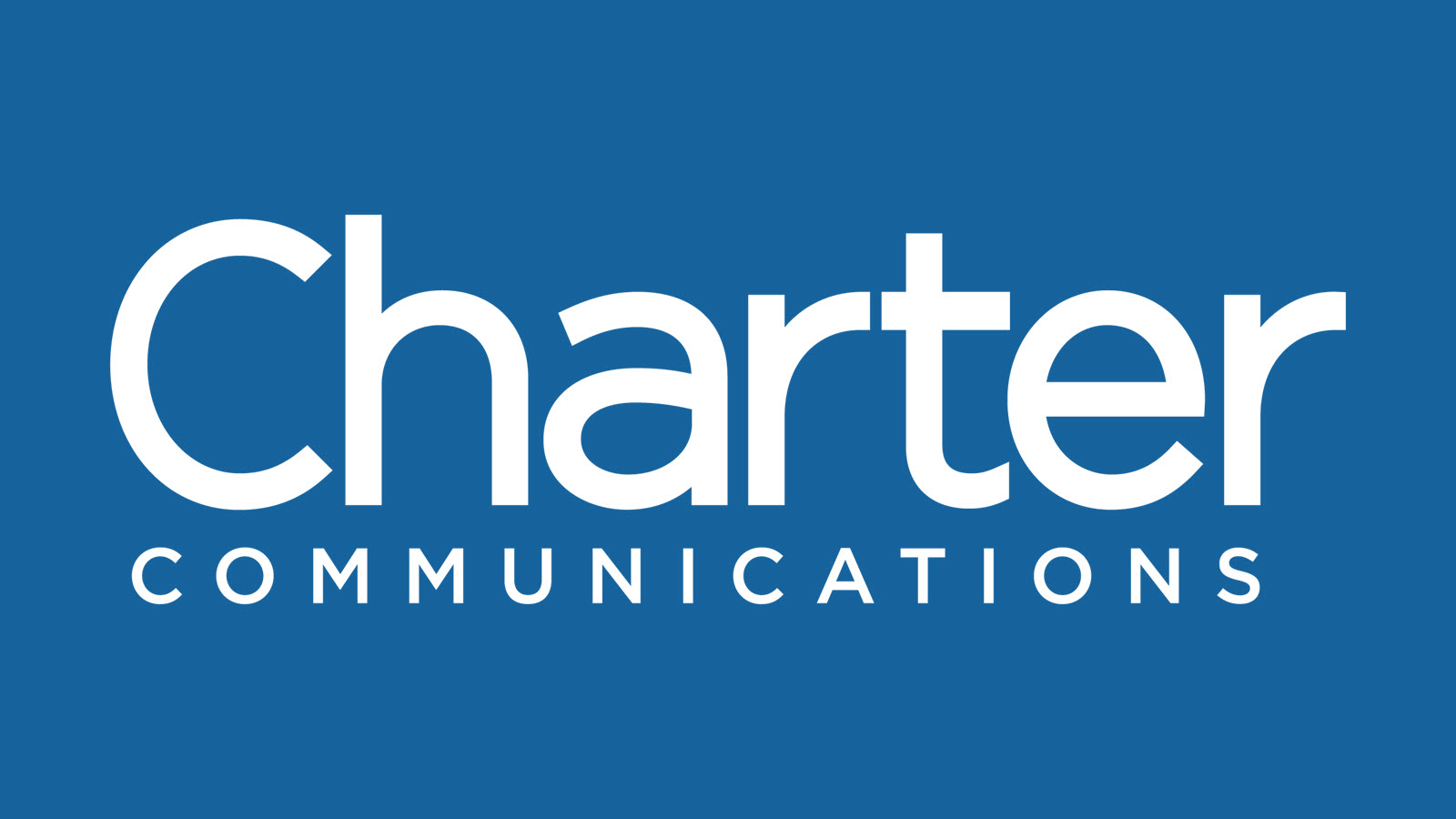Public Knowledge Backs Court Call on Charter Speed Complaint

The smarter way to stay on top of broadcasting and cable industry. Sign up below
You are now subscribed
Your newsletter sign-up was successful
Public Knowledge said the State of New York has made a compelling case against Charter Communications-owned Time Warner Cable.
The group was responding to Charter's appeal of a decision by a judge of the Supreme Court of the State of New York that the FCC doesn't have the authority to pre-empt state laws and that Charter's speed claims are actionable.
But in an amicus brief filed with the court, PK said the New York judge got it right and that Charter's actions were meant to mislead customers, were not pre-empted by federal law and can't be dismissed as puffery or marketing-speak.
On the pre-emption issue, PK said jurisdiction is shared and, in this case, the state's action is even more important because "FCC leadership shows little interest in protecting consumers itself."
"State authority to police deceptive business practices is always important but becomes especially vital when the federal watchdog elects to abdicate its responsibilities," the group said.
Related: ISPs to New York State Speed Probe: Bring It On
New York State Attorney general Eric Schneiderman filed a complaint alleging that Time Warner Cable (which Charter acquired) "promised to provide broadband speeds it knew it could not deliver and mischaracterized the reliability of access to certain online content."
The smarter way to stay on top of broadcasting and cable industry. Sign up below
Charter countered, in seeking to dismiss the complaint, that the allegations were pre-empted by the 2015 Open Internet Order's Transparency Rule and other FCC guidance, and that the state had failed to cite a legitimate cause of action because the FCC's speed test showed that TWC was "clearly capable of providing — and often did provide — the broadband speeds it advertised, and its 'up to' representations thus could not have misled a reasonable consumer."
On Feb. 16, the New York court denied Charter's motion to dismiss, saying that while some of the claims were puffery, others were not and were actionable.
It also found that the FCC can't pre-empt state law, which the FCC has asserted it can in its recent Restoring Internet Freedom Order rolling back the 2015 Open Internet Order rules.
Charter wants that denial reversed, arguing that the FCC's broadband speed test pre-empts the speed claims in the company's advertising, and that some of its speed claims are backed up by the FCC test, while others are non-actionable promotional puffery, which is a legal term for a promotional "exaggeration" that consumers aren't supposed to take seriously.
Contributing editor John Eggerton has been an editor and/or writer on media regulation, legislation and policy for over four decades, including covering the FCC, FTC, Congress, the major media trade associations, and the federal courts. In addition to Multichannel News and Broadcasting + Cable, his work has appeared in Radio World, TV Technology, TV Fax, This Week in Consumer Electronics, Variety and the Encyclopedia Britannica.

